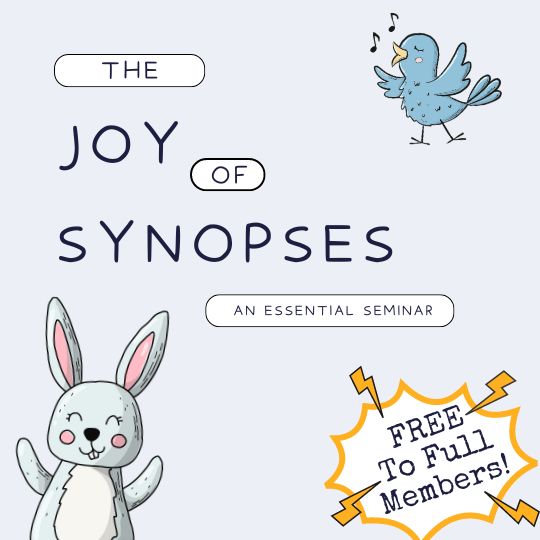As an editor, I worry about this. I've seen self-published authors take comments from editorial reports and quote them out of context, with the editor's name as though they were endorsements for the whole book. And often the editor hasn't even seen the book in its final published form. But there they are, apparently saying the book is sensitively written with real feeling, or shining with authenticity, whereas actually they were just highlighting one part that worked well so that the writer could apply the same mindset and method elsewhere.
A dear friend who was a fairly well known literary critic, and a couple colleagues who were movie critics, one day over lunch in the 90s explained that criticism 101 was realizing that any snippet that could be removed from context to look like an endorsement would be removed from context to look like an endorsement.
The practice is sleazy, but impossible to combat, as the words were written, and "Yeah, I wrote it but didn't mean it in that way" isn't a strong legal case.
I can't remember the exact line, and the horrible movie has long since flushed from my brain, but one explained that early in his criticism career, he'd written something along the lines of "If you like idiotic plots, bad acting and dialogue that seems to have been written by five year olds, this might be the movie for you. Hell, it might be the movie of the year."
The national posters for that movie, thereafter, included a 4 word review in a quote, with his name.
Can we guess the four words?
(spoiler warning: "Movie of the year")
Now, back in the day, when the internet was new and mostly useless, he could afford to just be amused and treat that as a lesson for future phrasing. The people who actually knew him had read the review, and knew the context, so his rep was safe in that sense.
John, the literary critic, said that it wasn't as common with books, because there were relationships with publishers and authors, etc, and those mattered. But venturing outside of those you knew and who knew you, it was something to consider and he'd been burned several times.

 www.theguardian.com
www.theguardian.com





